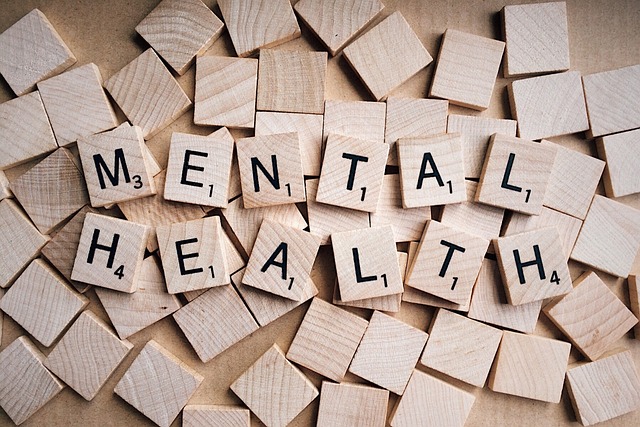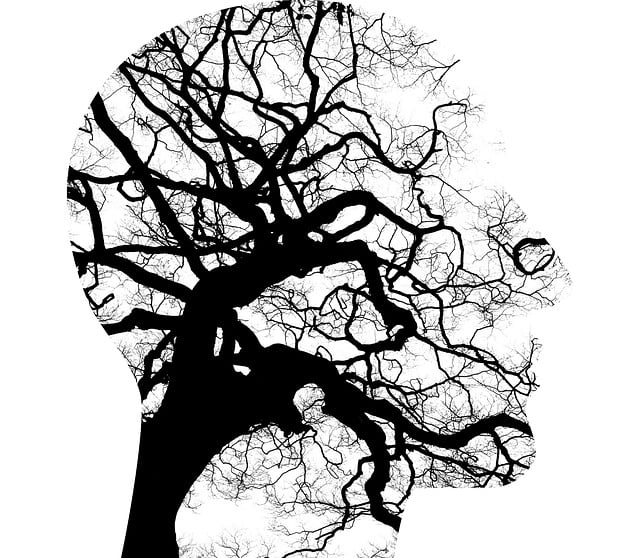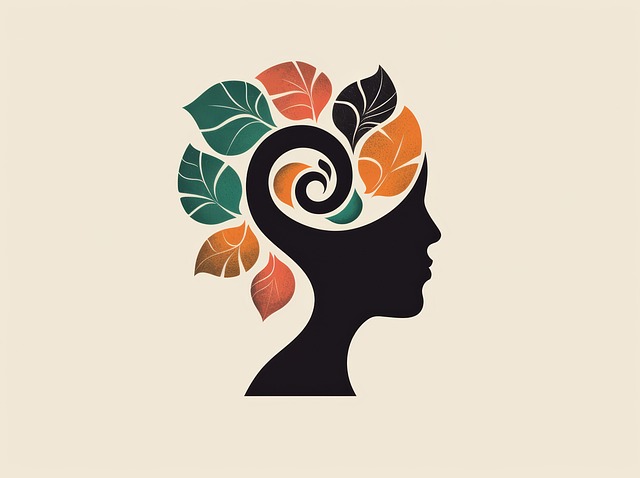Mindfulness meditation is a powerful therapy tool for seniors, offering a gentle yet effective way to improve well-being and self-esteem. By focusing on present-moment awareness and accepting thoughts without judgment, elders can cultivate emotional regulation, calmness, and clarity, while fostering self-compassion that challenges negative thought patterns and boosts confidence. Incorporating short daily sessions, guided meditations, or apps tailored to seniors' needs, mindfulness meditation enhances mental health resilience against external pressures, making it an invaluable asset in therapy for elders seeking to improve their self-esteem.
Mindfulness meditation, a powerful therapy for elders, offers a path to enhanced self-esteem and improved well-being. This practice, rooted in ancient wisdom, involves focusing on the present moment without judgment. In today’s fast-paced world, it can be a game-changer for seniors looking to navigate life with greater clarity and calmness. This article explores practical steps, benefits, and strategies to overcome challenges, providing valuable guidance for incorporating mindfulness meditation into daily routines to boost self-esteem and overall mental health.
- Understanding Mindfulness Meditation for Elders
- The Benefits of Mindfulness for Self-Esteem Enhancement
- Practical Tips to Incorporate Daily Practice
- Overcoming Common Challenges in Elderly Meditation Practice
Understanding Mindfulness Meditation for Elders

Mindfulness meditation has gained significant popularity as a therapeutic practice for elders, offering a gentle and effective way to improve overall well-being. This ancient technique involves focusing one’s attention on the present moment, observing thoughts and sensations without judgment. For seniors, it can serve as a powerful tool for emotional regulation and self-care practices, promoting a sense of calm and clarity. By practicing mindfulness meditation regularly, elders can enhance their ability to manage stress reduction methods, which is especially beneficial given the unique challenges and transitions they may face in later life stages.
Understanding mindfulness goes beyond simply sitting quietly; it’s about cultivating awareness and acceptance of one’s thoughts, feelings, and bodily sensations. This practice encourages individuals to become more attuned to their inner experiences, fostering a deeper connection with themselves. For elders, this can translate into improved self-esteem, as they learn to embrace the present moment without the need for constant external validation. Through regular meditation, seniors can discover a sense of peace and resilience, making it an invaluable asset in their overall therapy for elders.
The Benefits of Mindfulness for Self-Esteem Enhancement

Mindfulness meditation has emerged as a powerful tool for enhancing self-esteem, particularly among elders seeking therapy. By focusing on the present moment and cultivating awareness, individuals can develop a deeper understanding of their thoughts and emotions. This practice encourages non-judgmental acceptance, fostering an environment where self-criticism is replaced with self-compassion. As a result, mindfulness meditation enhances resilience building by strengthening one’s ability to navigate challenging situations with a sense of emotional equilibrium.
Regular engagement in self-care practices such as mindfulness can lead to significant improvements in self-esteem. Through meditation, elders can reconnect with their true selves, rediscovering inner strength and value. This process enables them to challenge negative thought patterns, boost confidence, and foster a positive body image. With continued practice, these benefits contribute to overall well-being, making mindfulness a valuable asset in the journey towards self-esteem improvement.
Practical Tips to Incorporate Daily Practice

Incorporating mindfulness meditation into your daily routine can be a powerful tool for enhancing mental health awareness and self-esteem, especially for elders seeking therapy. Start small, dedicating just 5-10 minutes each day to practice. Consistency is key; regular sessions will help you build a stronger connection with the present moment. Begin by finding a quiet space where you won’t be disturbed. Focus on your breath, noticing its rhythm without trying to control it. This simple act of observation can significantly reduce stress management challenges and promote inner calm.
As you progress, consider using guided meditations or apps designed for mindfulness training, which offer tailored practices for various needs, including self-esteem building. These tools can be particularly beneficial in reducing the mental illness stigma reduction efforts often faced by elders. Embrace a non-judgmental attitude towards your thoughts and sensations during meditation, allowing them to come and go like passing clouds. This practice fosters a sense of acceptance and self-compassion, vital for maintaining good mental health and fostering resilience against external pressures.
Overcoming Common Challenges in Elderly Meditation Practice

Many elderly individuals approach mindfulness meditation with enthusiasm, hoping to find relief from stress and improve their overall well-being. However, they often encounter challenges unique to their age group. One significant hurdle is maintaining focus; age-related cognitive changes can make it harder to concentrate for extended periods. To overcome this, beginners might start with shorter sessions and use guiding meditations designed specifically for older adults, which can help maintain interest and improve endurance.
Additionally, fostering a positive mindset is essential for success in meditation. Low self-esteem and negative thinking patterns are common among the elderly, which can deter them from regular practice. Incorporating mindfulness into daily routines, such as mindful walking or breathing exercises, can serve as micro-meditation sessions that build resilience and encourage positive thinking. This incremental approach to meditation can help cultivate inner strength development over time, making the practice more sustainable for this demographic.
Mindfulness meditation offers a powerful tool for older adults to enhance their self-esteem and overall well-being. By understanding its benefits and implementing practical tips, individuals can overcome common challenges and incorporate this therapeutic practice into their daily lives. The guidance provided in this article serves as a starting point for elders to explore the transformative power of mindfulness and cultivate a deeper sense of self-worth.








